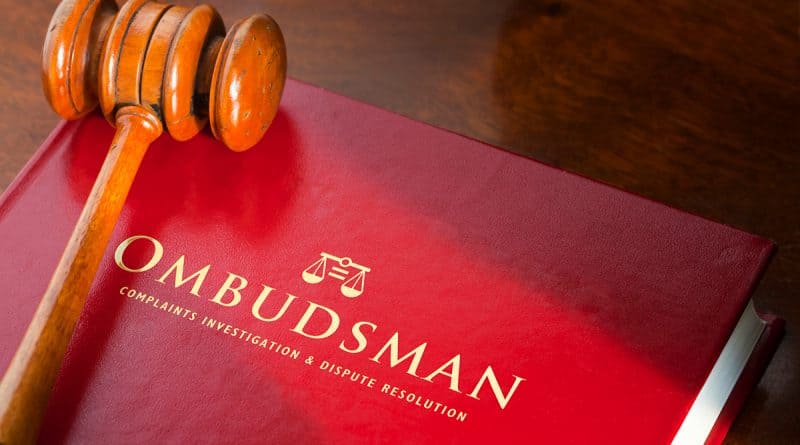Uzbekistan: 15 ombudsmen will monitor violations of citizens’ rights
Starting from 2022, 14 regional ombudsmen will start working in the country. A decree on this was signed by the President of the country, pointing out the main task – ensuring the observance of human rights, freedoms, and legitimate interests, organizing and conducting monitoring of human rights.
The adopted document regulates the age of the candidate for the position – at least 30 years old. The candidate must have a higher education, high moral qualities, the necessary experience in the field of protecting the rights, freedoms, and legitimate interests of citizens, and must have lived in Uzbekistan for at least five years immediately before the elections.
A separate clause in the new legislative act provides for “holding meetings and conversations with detainees, those in custody, persons serving an administrative sentence, and those sentenced to imprisonment.” The authorities see this as another way to combat torture and derogatory treatment of prisoners in penitentiary institutions.
“The state is creating another instrument of wanna-be civil control directly in the regions, but this is unlikely to help eradicate inhuman or degrading treatment and punishment,” the ACCA expert notes.
Public organizations, representatives of the ombudsman’s secretariat, and members of the expert group headed by the Ombudsman of Uzbekistan visited colonies and prisons more than 30 times but did not find evidence of torture, which was reported to the Ministry of Internal Affairs and the parliament.
As a rule, independent journalists first write about violations of the law, and activists testify on social networks, to which the press service of the Ministry of Internal Affairs and the General Prosecutor’s Office react in the most striking cases. The Ombudsman, at best, will inform the public that the situation has been taken under control.
The regional ombudspersons are formally granted broad rights, providing for unhindered access to government bodies/organizations and their immediate reception by their leaders. Representatives of the Ombudsman in the regions were obliged to submit an annual report to parliament on the observance of human rights, freedoms and legitimate interests.




